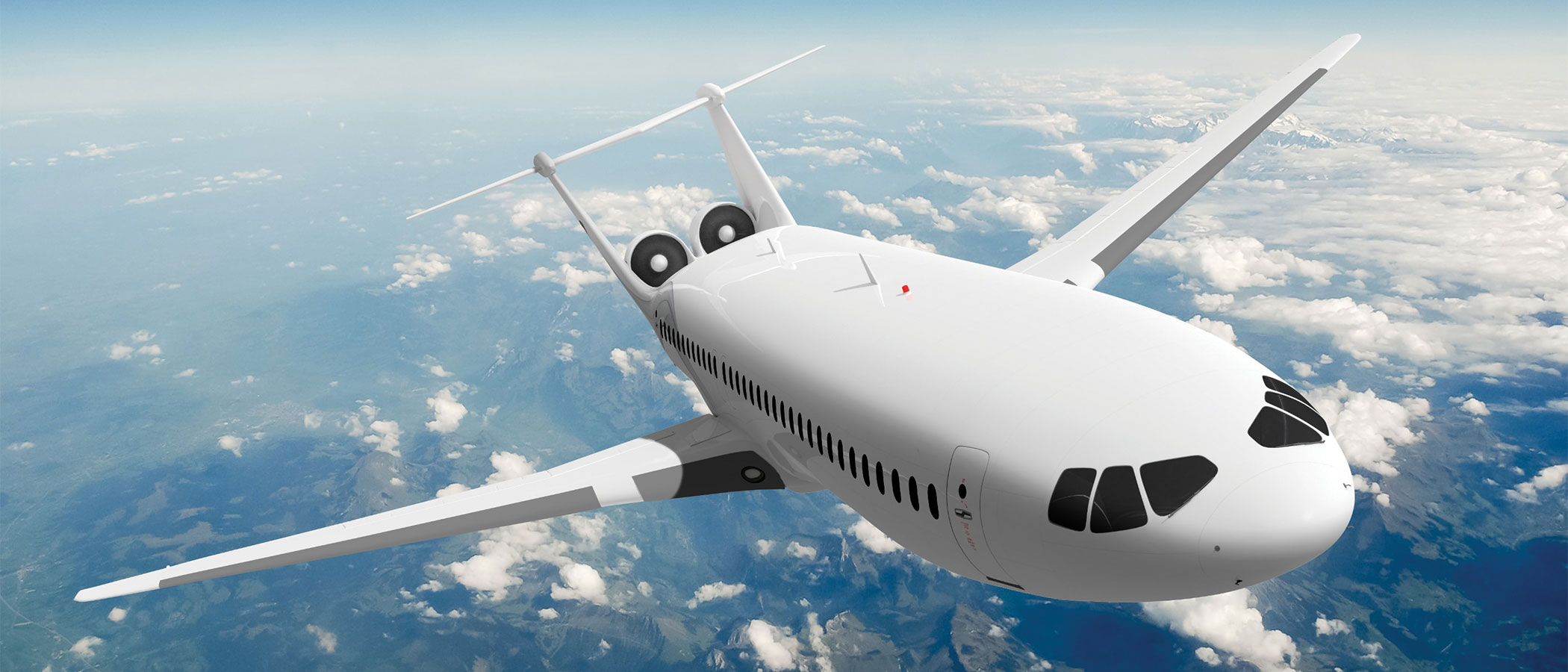Things I recently learned about greening aviation
Later this month, I'm flying across the world to Bali, see my some of my sister's side of the family for the first time in 9 years.
This has led me to do more research into how the CO2 impact of flying can change, both over the short term, and the long term.
Can we just have a Tesla, but for planes?
Surely electrification would save us, right? I mean, it worked for Tesla cars, and electricity you can generate in non-CO2 emitting ways.
I initially thought this, until I read a bit more, and saw this video, and now I'm much less convinced. It's largely about energy density, and how it affects plane design, and gives an idea of the unforgiving physics involved.
Right now most planes run on kerosene, which is a cheap-ish fossil fuel, that has an energy density of around 37 megajoules per litre. This page on wikipedia gives some idea of the different energy densities of fuels you might have heard of.
If you follow that link you'll see batteries right now have much lower energy densities, of between 0.9 and 4.5 megajoules per kilo. So, you'd need waaaaay more batteries to provide the the same amount of energy to the plane, to give it the power needed to take off and stay in the air. These extra batteries make the plane heavier, which makes it need more energy to take off, which means you need more batteries, and so on.
https://www.youtube.com/watch?v=VNvzZfsC13o
So, we're stuck with fossil fuels?
Maybe not, but for the next 5 years, I don't think we'll see electric planes replacing long haul airliners, and planes have a very, very long life span.
My best guess is that we might by take excess electricity on the grid and use that to synthesize compounds that offer the same qualities as kerosene. I'm not an expert at all in this, but this post on the aviation stackexchange was pretty useful for understanding why planes use kerosene in the first place.
So kerosene basically became the standard turbine fuel because it's:
- cheap: kerosene makes up a rather large fraction of crude oil. When you measure your fuel load in tons a few cents per litre makes a difference.
- safe to handle: relatively non-toxic, doesn't ignite all that easily
- storable and transportable in common structural metals
- doesn't clog up the engine
Until we have something like this, that provides the same energy density, has similar properties like above, and can be used by the existing fleets of planes, I can't see much change.
Maybe we change the planes instead?
I recently read the Drawdown, a fascinating, if somewhat at times hubristic book about the top 100 interventions possible to reduce, and even reverse global warming. They cover aviation, and provide some figures, along with a summary of the new designs that the industry is working on.

If you're curious about why this plane above looks so different, Real Engineering once again has nice, accessible video about the design decisions going into the different shapes the planes are taking.
https://www.youtube.com/watch?v=H7Z04Tl1-1Q
Changing the planes will help, and is likely to happen anyway given how much the costs of aviation fuel affect profits, but I
What can we do about all the emissions they create?
It was a bit depressing to read that our best hope for aviation is focusing on efficiency, to reduce the amount of nasty crap being emitted, rather than being saved by the magic of zero emissions, flying EVs - as planes, when they're up the air, do loads of damage environmentally, as they emit CO2 and water vapour.
Also, aviation is set to grow massively as populations of low and middle income countries start wanting to fly like we have been the last 30 years - and the growth isn't really expected to come from Europe and North America.
Finally, and this is the most contentious part - I'm not sure it's realistic to just expect everyone to stop flying with some outright ban - the majority of climate change eco-warriors I know still seem to fly, and even if you choose to travel by surface transport, the costs in time and money still don't make it very accessible.
I've run a company where I traveled almost exclusively by train for about 5 years, and it would definitely have been much faster and cheaper just to fly, had it not been a policy decision I had made.
This points, to doing things to offset the fact that damage is happening, by sequestering carbon elsewhere in the system, and focussing efforts to reduce emissions by a comparable amount elsewhere, where it's more cost-effective to do so.
Summary
This makes me think that right now, our best bets, seem to be:
- push for policy that makes the costs of aviation borne by those who fly the most, like the FreeRide campaign proposes. We'd fly less in total, but it wouldn't penalise occasional, family flights as much as the dude flying each week to his house in Bordeaux from London.
- make offsetting, or similar measures to account for the environmental costs more commonplace
- focus on finding, or synthesizing alternatives to fossil fuels like kerosene, where we can account for CO2 emitted, and sequestered through the lifecycle of creating, and using the fuel
For what it's worth, my mind isn't made up - and I'd welcome some discussion in the comments about our options for transport.
I'd love to hear if battery energy density could make EVs for passenger aviation more feasible, and if whether developments in hydogen, mean it's possible to see family members without implicitly making a value judgement that their lives are worth more than people in places more likely to be hit by climate first, by flying to see them.
Anyway, hope this shed some light for others.